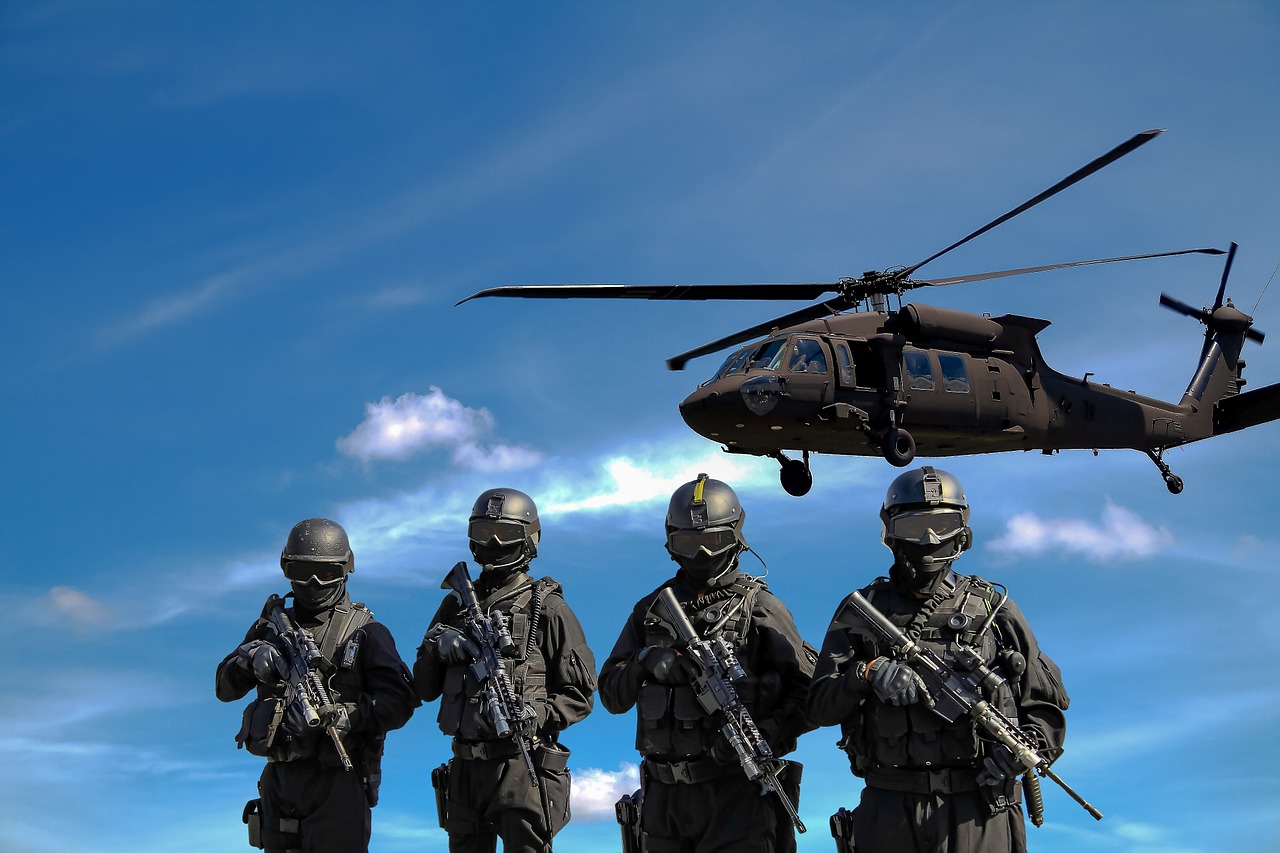Temperatures are rising again in eastern Ukraine with informed commentators suggesting that intensive military action might start when the “mud season” passes. Quite understandably, Americans could suffer from Ukraine fatigue after observing the often bizarre conspiracies that have arisen connecting Kiev and Washington political machinations over the last five years.

Even as Presidents Joe Biden and Vladimir Putin traded insults, the Russian president celebrated Russia’s control of the Crimean Peninsula. Unfortunately for Europe, Ukraine remains as the simmering crisis that still threatens to overturn the continent’s “long peace.” Indeed, even as Ukraine-Russia tensions are at the root of almost all of the most acute problems in European security, this tortured bilateral relationship also points the way toward common-sense solutions too.
Some noteworthy American national security commentators claim that the “New Cold War” has little in common with the experience 1945–90, because the new centers of competition are in the cyber and high-tech realms, rather than concerning military competition and nuclear weapons. Yet, such assessments seem oblivious to the steady ramp-up of exercises by large military formations across Eastern Europe in the last five years. Escalating tensions along the front between Russian and U.S. forces are visible along a huge geographic front from the Arctic all the way to the Caucasus and even reaching deep into the Middle East.
Too many Washington defense analysts prefer to talk about cyber weaponry while peddling projects for new patches with upgraded cyber defenses. Yet, the broader public remains quite in the dark regarding hundreds of billions going to feed the intensifying nuclear arms race, not to mention the new forces now deploying to Europe—admittedly a friendly locale for the troops. Yet, are these escalatory steps warranted?
The article's full-text is available here.

 Author:
Author:









